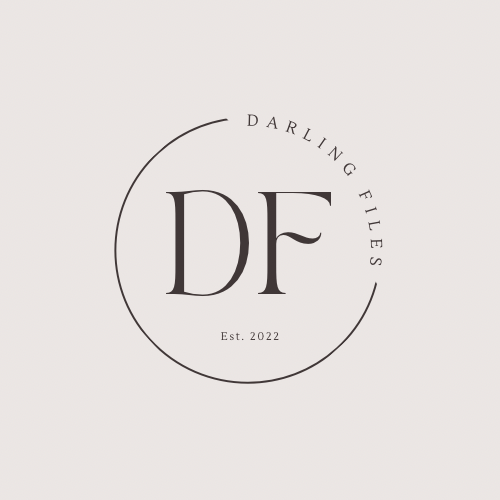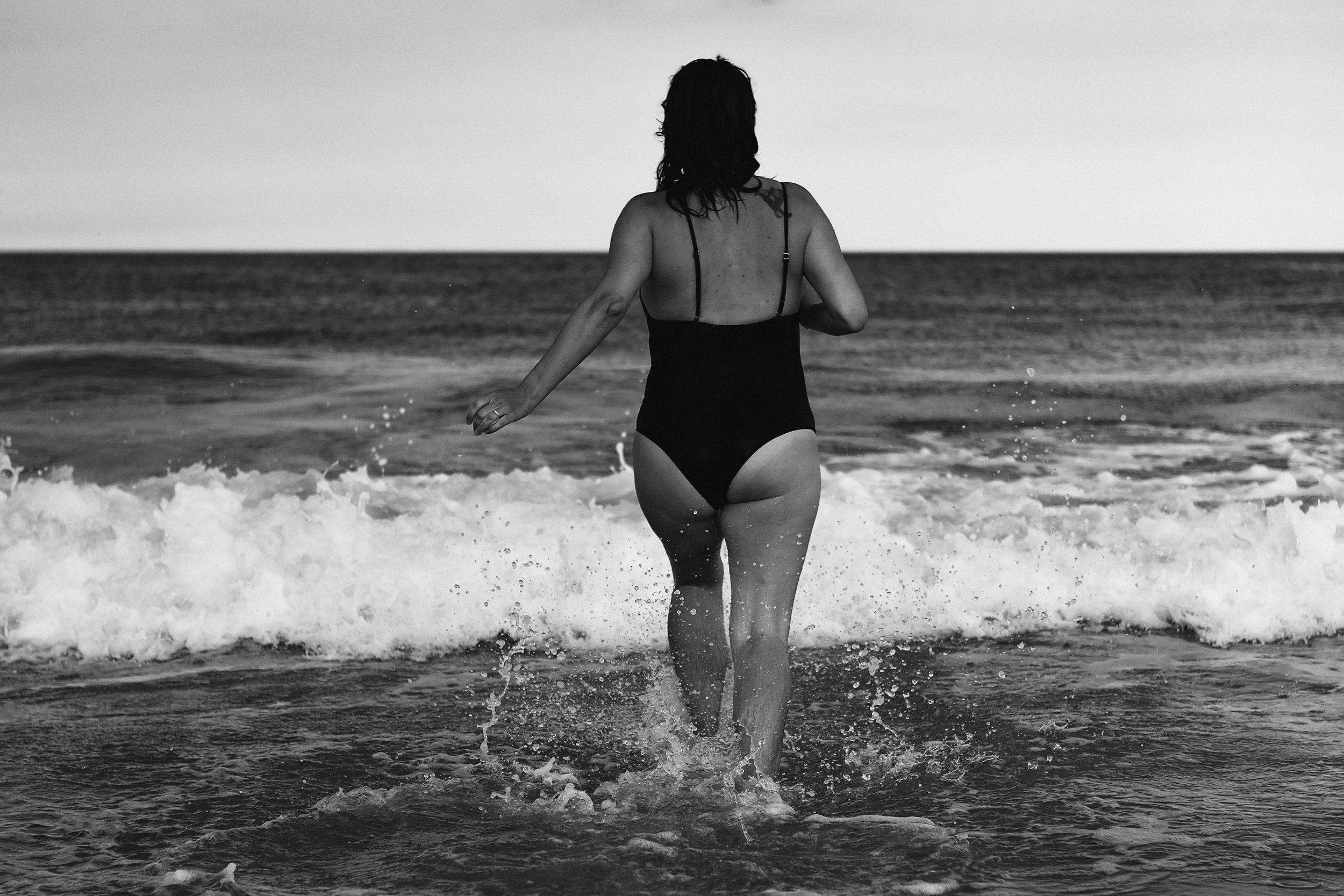In April 2021, I took a Poetry course offered by Callie Feyen and Exhale Creativity. Many of the poems I drafted in that course have been sitting in my files ever since. Since April is National Poetry Month, I thought it was a good time to pull these out of storage. Written when we were returning to church for the first time post pandemic, they remind me that hope and beauty can come out of pain.
The Acrostic is a type of poetry where the first letter of each line spells out a word or phrase, which becomes the title or theme of the poem. Have you written any acrostic poems? If so, I’d love for you to share them in the comments below!
She slips into the pew quietly. Having been
away for over a year, she’s
not sure it will be
church like she remembers—
there’s no singing, no choir, no people to hug—
usual communal offerings now threats. Her heart
aches for the missing—for what is lost;
raising her hands she whispers a prayer
yearning for God’s peace.
Beloved faces gather
remembering people who have gone before;
each person around the table sharing
abundant love,
knitting stories together
into a beautiful tapestry
never before seen; a work of art
generously gifted in community.
Breaking hearts assemble
reflecting on
extraordinary loss;
ancestors gone before us sharing faith in knowing
death brings new life and beginning.
This post is part of The Darling Files, a project initiated by my friends Rachel Nevergall and Callie Feyen. You can read more about The Darling Files from Rachel here and from Callie here.
Don’t forget to check out Soul Munchies on Substack! Each month I send a free newsletter, where I compile all my favorite things—articles, recipes, links to read, and sometimes even a playlist—and send them straight to your inbox. You can also sign up for a Premium Subscription, where you’ll get even more goodies every month.

















